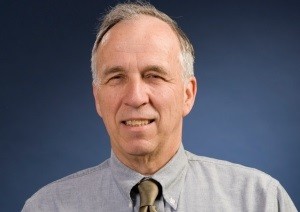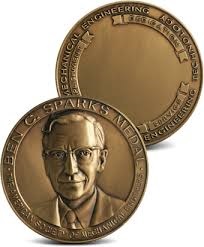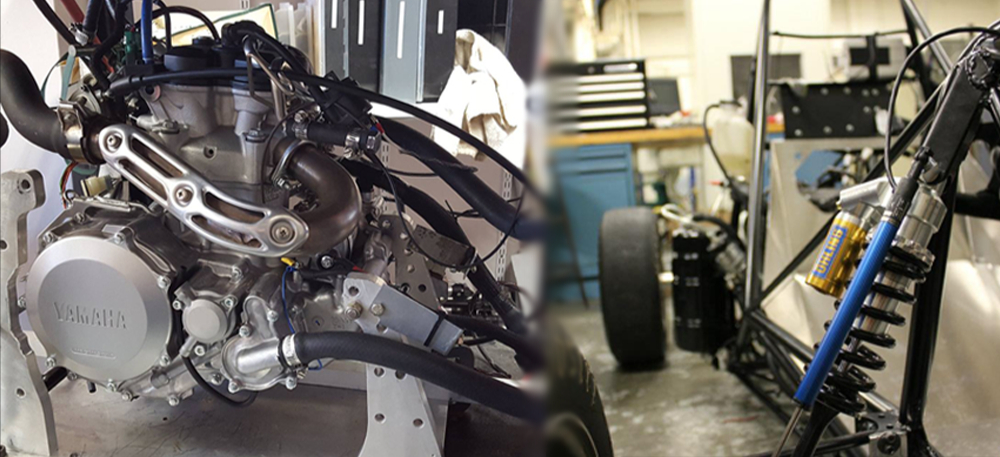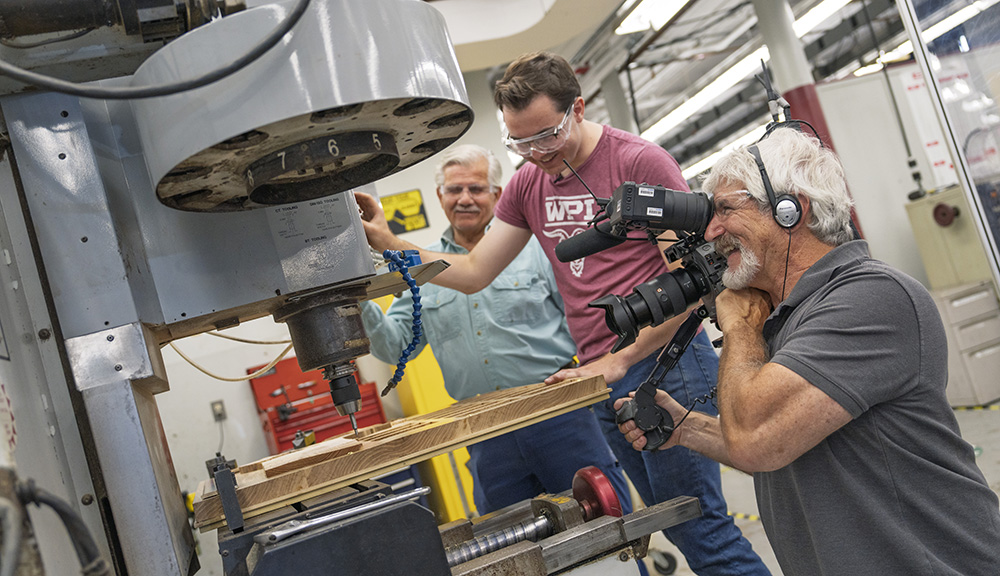Professor of mechanical engineering Allen Hoffman was recently selected to receive the 2016 Ben C. Sparks Medal from the American Society of Mechanical Engineers. The award, which recognizes outstanding service to mechanical engineering education, will honor Hoffman for his notable contributions to project-based education though his more than 45 years of teaching at WPI.

Allen Hoffman
If you ask Hoffman, a member of the WPI Class of 1963, about the key to his success, he’ll tell you that it all started because he was at the right place at the right time.
If you probe further, he’ll admit that he originally had a different goal in mind: to ski.
“A few years after I graduated from WPI, my friend and I sat down with a map of the United States and decided that we would like to live near Vail, Colorado,” says Hoffman. “We started drawing larger and larger circles around it and eventually hit the University of Colorado Boulder, so that’s where we decided to go to graduate school.”
Even after Hoffman graduated with his PhD in 1970, he was still unsure about his future path.
“I was very interested in the project approach and saw an opportunity to get in on the ground floor of something revolutionary.” – Allen Hoffman, recipient of the 2016 Ben C. Sparks Medal
“At the time I didn’t plan on a career in academia, but there were very few jobs for PhDs and I reached out to some contacts at WPI. I was able to get a faculty position but thought it would be temporary,” he says.
However, not long after, something changed his mind.
“The WPI Plan had just been voted in during the spring before I came to WPI. It was still somewhat controversial on campus, but I was very interested in the project approach and saw an opportunity to get in on the ground floor of something revolutionary,” says Hoffman.
Along with a handful of other faculty members, he supervised some of the first student projects on campus. He was also among the first group of faculty to helm WPI’s off-campus project center in Washington, D.C., after it opened in 1974.
“I went to the project center in C-Term, and another young professor and I were charged with lining up projects for the following year,” says Hoffman. “We spent weeks going from door to door at various government agencies seeking sponsors. While many people could not even point to Worcester on a map, we got a lot of positive responses.”

The Ben C. Sparks Medal
Based on his growing experience working with students on IQPs and MQPs, Hoffman later took the initiative to implement intensive projects in his courses.
“I realized that most students in my courses had never had the opportunity to follow the design process from start to finish, which is something they would be expected to do in the real world,” he says.
Over the years, Hoffman’s course projects have ranged from a scenario in which the entire class functions as a company to a venture capital pitching assignment developed decades before the arrival of popular programs like Shark Tank.
Hoffman is particularly enthusiastic about his efforts to introduce first-year students to projects by giving them full control of the design process. For example, in his Introduction to Engineering students form their own four-person design teams and define and solve a problem in the area of rehabilitation engineering, such as designing a toy for a child with a disability or a device for an elderly person.
“I’ve taught the introductory class in A-Term at 9:00 a.m., which means I often was the first professor many students had at WPI,” says Hoffman.
He adds, “I’ve found that first-year students are up for the challenge of project work. In particular, they learn how important it is to create teams that encompass all of the requisite skills instead of simply working with their friends.”
Along with his contributions to project-based education, Hoffman has made significant achievements in research and scholarship, including helping pioneer the field of biomechanics, co-founding WPI’s Assistive Technology Resource Center, receiving two patents, and collaborating with a research partner at the University of Massachusetts Medical School on a 33-year grant from the National Institutes of Health on the response of nerves embedded in soft tissues.
While many professors with such an impressive record might be tempted to slow down, he continues try out new ideas. For example, in 2014 he began producing a series of 10-minute videos aimed at reducing lecture time by providing students with overviews of basic engineering concepts.
“These videos have great merit at a place like WPI that is always pushing boundaries and trying new approaches,” says Hoffman. “This spirit of innovation is the reason my temporary stay became permanent so many years ago and the reason I’m still here today.”
– BY JENNIFER WYGLINSKI




